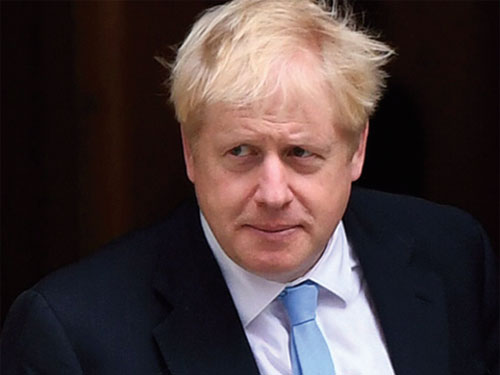The United Kingdom finally got divorced from the European Union on January 31, leaving the UK free to start formal trade negotiations with the United States—or so President Donald Trump believes. Trump has been champing at the bit to get a US-UK trade deal over and done with.
But there are still a few obstacles standing in the way of a quick deal with the UK. For one, although the divorce was final, the divorce settlement between the UK and the EU has yet to be concluded. That’s expected to happen by the end of the year. Contrary to Trump’s apparent assumptions, the UK is likely to prioritize its negotiations with the EU over its trade talks with the US.
Consistent with his priorities in trade negotiations with China, Trump also wants to expand US agriculture exports to the UK, particularly, chicken treated with chlorine washes. Chlorine-treated meat is banned under EU food safety rules, but Brexit opens the door to the relaxation of those rules, or so the Trump Administration thinks.
Agricultural products haven’t figured prominently among US goods exports to the UK, comprising $2 billion, or three percent, of the total of $66.3 billion in exports in 2018. Aircraft and precious metals and stones were the leading US exports to the UK that year, with 18% and 13% of the total, respectively. Among agricultural products, wine and beer, tree nuts, and soybeans led among exports to the UK in 2018.
The push to sell chlorinated chicken to the UK assumes that the UK will want to ditch EU food safety rules and allow the import of those commodities. But there is no evidence so far that the UK wants to deviate from EU food safety rules. In fact, those EU rules are still some of the most popular among British politicians and the public. Some experts say that the British may actually be flexible on food safety and are using their stated position to stand by the EU standards as a bargaining chip in discussions with Washington. On the other hand, they might actually mean it, making this issue another tough one for Trump.

The UK has its own interests to protect and Washington shouldn’t assume that London is going to roll over in negotiations, despite Trump’s friendship with Prime Minister Boris Johnson. In recent talks between the two countries, the UK even threatened to impose taxes against US tech giants, à la France. (See main story.) The US response, not surprisingly, was to threaten to impose tariffs on automobile imports from the UK, so it looks like US-UK trade negotiations are poised for a contentious start.




